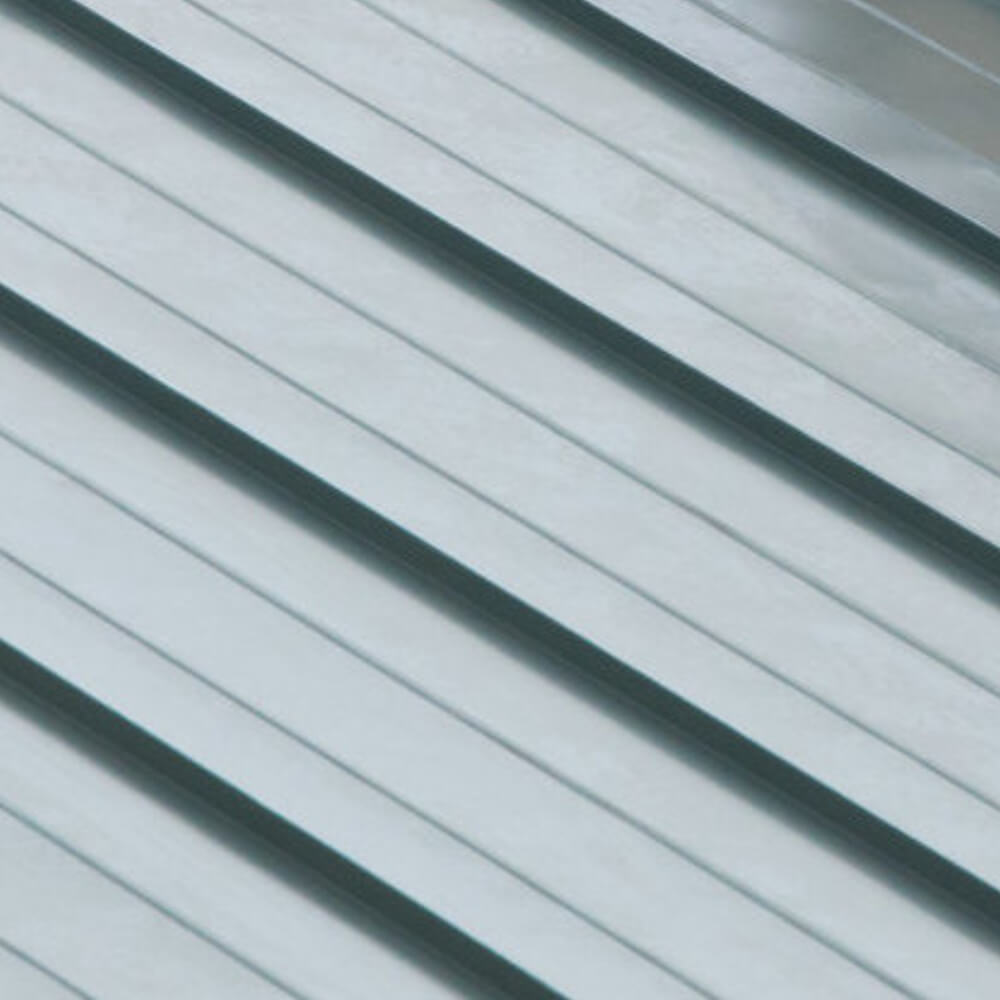
Do Metal Roofs Interfere With Cell Phone Reception?
Do metal roofs interfere with cell phone reception? The answer may surprise you. We bust the myths and reveal the facts in this useful guide.

Does the frustration of working from home make you break out in a sweat? Do you constantly struggle with bad, weak, or interrupted cell phone reception? Before you give up and move, researching the causes of poor signal in your home is a good idea.
There’s no denying we all rely on our cell phones. Our livelihoods, schooling, and well-being depend upon our ability to connect. We need our phones in our daily lives.
But do metal roofs interfere with cell phone reception? You might find the answer surprising.
Metal Roofs
Are you worried about the impact of metal roofs on cell phone reception? Just consider…How often do you stop and take a look at the roof of a building you’re about to enter?
Metal roofing is a more recent trend in residential buildings. But, it’s a pretty common commercial roofing option. For example, restaurants, shopping malls, and office buildings often have metal roofing.
You’ve probably used your cell phone just fine without even noticing that you were under a metal roof!
Metal roofs are great. They’re sustainable, recyclable, and last a long time. In fact, with proper care, a metal roof can outlast a traditional shingled roof by decades.
Besides their many advantages, metal roofs are an attractive, modern option. They’re more energy-efficient, offer outstanding durability and versatile protection. Metal roofs are usually made of aluminum, tin, or zinc.
Causes of Signal Problems
What then, is the connection between metal roofs and cell phone reception? None. Yes, you read that right.
Do metal roofs interfere with cell phone reception? No. The belief that they do is a common misconception.
Cell phone interference generally has two main causes:
1. Poor Localized Coverage
This means that a structural element is blocking your signal. You have poor localized coverage if if your signal improves when you move to another room. Or, if you find the signal is much better outside your home.
Traditional building materials are often to blame. Particularly, traditional ones such as thick wood, shingles, or brick. The barriers created by your home obstructs incoming signals.
In this case, it wouldn’t be just one element causing the problem, rather it would be a collective effect of the building materials that make up your house.
On the plus side, a local signal-inhibiting factor can sometimes be removed, fixed, or altered.
2. Geographic Reception Barriers
This means your entire area will have a bad signal. It most likely means that your house is geographically situated too far away from a cell tower. Or, that buildings and landscape features are blocking your line of sight to the cell tower.
You may have this problem if you experience an erratic signal that comes and goes. And, you wouldn’t be the only household struggling with the same issue. It won’t matter what your house is made of in this situation.
Roof materials and cellphone reception aren’t related here. Whether you have a metal roof or not, your cell phone reception won’t be good. Geographic barriers aren’t easy to overcome unless a cell tower is built closer to your home.
Options to Improve Service
Whatever your situation, there are options available for improving your connection.
1. Signal Boosters
Installing a signal booster in your home can help strengthen a weak connection. They work by adding power to existing radio signals. They amplify the signal and widen the service area.
Just remember, you’ll need some sort of signal to begin with. A booster won’t bring a connection to a place that doesn’t have a signal already.
3. Wi-Fi Networks
You can always use your home Wi-Fi system to make calls. This is a great way to stay connected if your home is built with cell-blocking materials such as brick or stone.
Many cell carriers and smartphone settings let you make calls and send texts over Wi-Fi only. This means you don’t rely on radio signals at all, so the signal strength doesn’t matter if you use this option.
3. Femtocell
Femtocells work off your Wi-Fi router to create an additional signal in your home. These devices are helpful for sections of your home that lack signal completely. They’re an ideal option for basements, garages, or rural areas.
Your network carrier should be able to advise you on their femtocell offerings.
4. Talk to Your Carrier
What if you’re struggling with poor signal and no alternative methods seem to be working for you? As a last resort, you might want to consider talking to your network provider.
Perhaps the carrier you’re on struggles in your area. A different carrier might have a cell tower situated closer to your home. Switching your cell carrier might help you maintain a better connection.
Do a bit of investigating, chat with your friends and neighbors. You can also use website resources that help you find out how far you are from the nearest tower. AntennaSearch.com is a great one.
Do Metal Roofs Interfere with Cell Phone Reception?
In short, no. Metal roofs do not cause cellphone interference. There’s likely another reason for the poor connection you’re experiencing.
If you want to give your roof an update, go ahead! Need some expert advice on your roof? Give McCoy Roofing in Omaha a call at 402-616-7304.